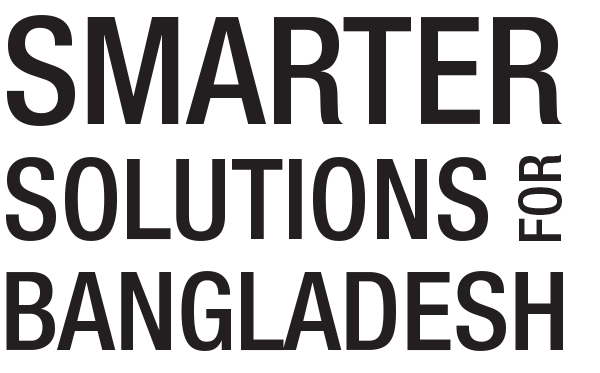Bangladesh Priorities: Livability, Alam
Research by Khorshed Alam, an associate professor of economics at the University of Southern Queensland, explores the smartest ways to deal with three growth-related issues in the capital: solid waste management, river restoration, and drainage network improvements.
| Strategy | Takas of benefits per taka spent |
|---|---|
| Solid waste management in Dhaka | 6 |
| Restoration of Buriganga river system | 1.5 |
| Stormwater drainage in Dhaka | 2 |
Most of Dhaka lacks appropriate waste collection services. As a result, roughly half of all solid waste in the city is dumped in roadsides, canals, or low-lying areas, creating environmental and health hazards. The analysis proposes investment in waste management facilities to properly dispose of this garbage.
One aspect would involve sorting garbage at its source, which would allow for either recycling or safe landfilling of solid waste. In addition, facilities would be built to produce compost and biogas, whose end products would generate revenues. Total spending of Tk 6.3 billion (Tk 630 core) would cover construction of anaerobic composting and biogas plants in 10 different localities of the city, as well as additional waste-collection and operating costs. In all, the spending would give benefits of Tk 39.4 billion (Tk 394 crore)—or about 6 takas of social good for each taka spent.
The proposal would also restore the Buriganga River, which has become so polluted from household and industrial waste that its water harms humans and fish alike. Most of the spending would go toward building a wastewater treatment plant for the river, at a cost of approximately Tk 25.6 billion (Tk 2,560 crore). It would also require dredging the river, upgrading the landings, paying to relocate illegal structures, improving sewage infrastructure, and building paths and benches around the river to make it a more pleasant environment. The combined costs would equal Tk 76.8 billion (Tk 768 crore).
Cleaning the river and improving its facilities would make it safer for residents who live nearby, avoiding a massive Tk 91.6 billion (Tk 9,157 crore) in healthcare costs. It would also increase property values in the river areas, provide recreation activities, and produce a cleaner environment and more fish habitat. With overall benefits of Tk 128.2 (Tk 12,822 crore), each taka spent restoring the river system would give about 1.5 takas in benefits.
The research examines storm water drainage networks, which currently cover only 39 percent of Dhaka, meaning that much of the population is exposed to regular flooding.
Expanding and improving the city’s drainage system requires Tk 68.3 billion (Tk 683 crore), to construct pumping stations, build pipes and sluice gates, and re-excavate certain canals. The benefits would include lower health risks from water-borne diseases and higher property values—especially in low-lying areas. In all, the investment would do 2 takas of social good for every taka spent.

